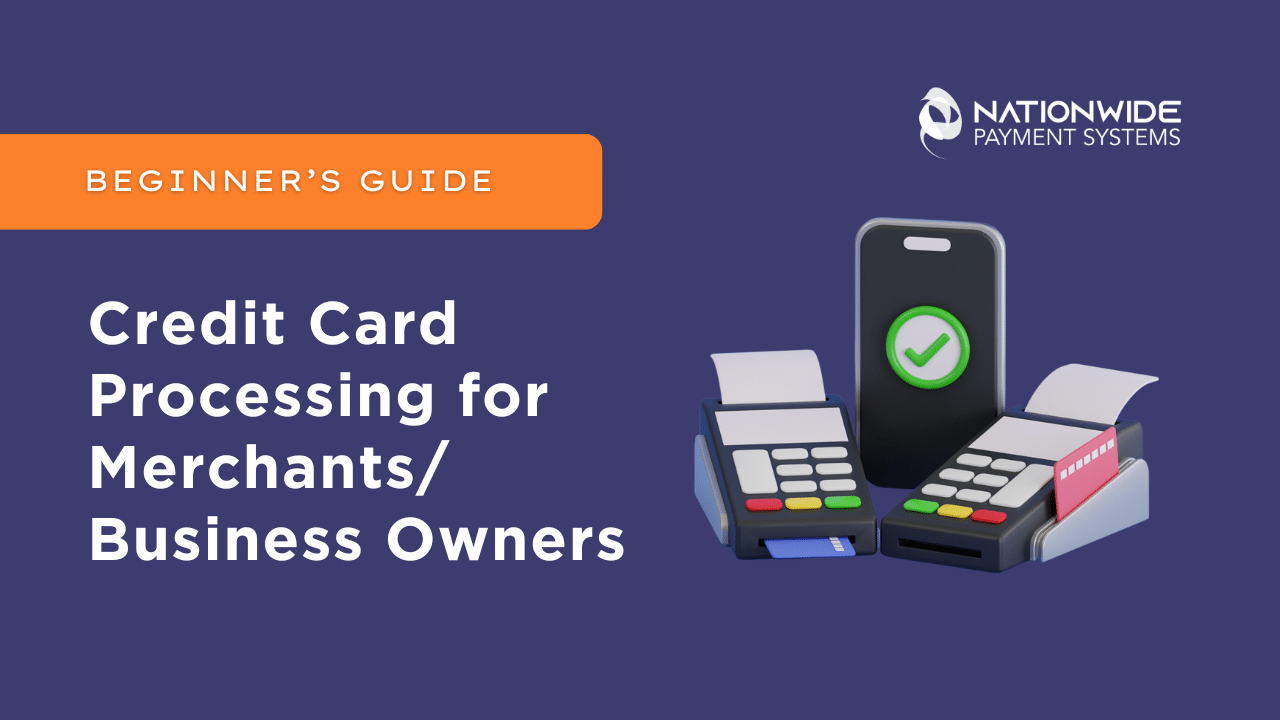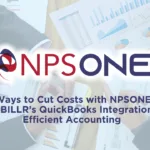The Beginner’s Guide to Credit Card Processing for Merchants/Business Owners.

Credit card processing is a modern convenience many take for granted until something goes wrong. Whether you’re a seasoned merchant or just starting, understanding the fundamentals of credit card processing can save you from headaches and frustrations. In this guide, we’ll walk you through the essentials of credit card processing for businesses, covering everything from how it works to negotiating with merchant account providers and ensuring payment security.
The Importance of Credit Card Processing
In today’s digital age, credit card processing has shifted from a luxury to a necessity for every business. With fewer people carrying cash and the recent push towards a cashless society accelerated by factors like the COVID-19 pandemic, accepting credit card payments has become essential for maximizing sales opportunities and catering to customer preferences. Make sure you offer the payment options for your customers want. It is necessary to provide tap and pay, EMV (Chip Cards), Apple Pay, and Google Wallet!
How Does Credit Card Processing Work?
Credit card processing involves multiple parties working together seamlessly to facilitate transactions. As a merchant, you’ll interact with your payment processor, acquiring bank, card networks, and issuing bank, among others. Each party is crucial in ensuring transactions are authorized, authenticated, and settled efficiently.
The Three Stages of Credit Card Processing
- Authorization: When a customer initiates a payment, whether online or in-store, the merchant’s system collects cardholder data and requests funds. The payment processor then verifies the transaction’s legitimacy and routes it through the appropriate card network.
- Authentication: The processor identifies the card brand and sends the transaction details to the issuing bank for approval. The bank checks the account status and fund availability before sending an approval message.
- Settlement: Once approved, the transaction is finalized, and funds are temporarily held in the customer’s account. The processor then works with the acquiring bank to collect funds from the issuing bank and deposit them into the merchant’s account.
Understanding Pricing, Fees, and Negotiation
Pricing structures and fees can vary widely when it comes to credit card processing. As a merchant, it’s crucial to understand the costs associated with processing payments and negotiate favorable terms with your merchant account provider. By comparing pricing models and discussing your business’s needs, you can ensure you get the best value for your money. The terms you will hear are Flat Rate Processing, Cost Plus, Interchange Pass Through, Dual Pricing, Cash Discount, and 0% programs. You have to pick what will work for you and your customers!
Payment Security and Compliance
Protecting customer data and ensuring compliance with payment industry standards are paramount for businesses. From PCI DSS compliance to implementing secure payment processing hardware and software, merchants must prioritize payment security to safeguard sensitive information and maintain customer trust. Every merchant must complete a PCI Self-Assessment Questionnaire—it’s online and accessible and can be done in less than 15 minutes. If you need help, there is a number to call and get the help you need, and then you renew your PCI each year.
Choosing the Right Hardware and Software
Selecting the proper hardware and software solutions for credit card processing is essential for streamlining operations and providing a seamless payment experience. Whether you opt for traditional POS systems or modern mobile payment solutions, finding tools that meet your business’s needs and budget is key to success.
Funding Options and Access to Funds
Once transactions are settled, merchants rely on timely access to funds to maintain cash flow and support business operations. With options ranging from next-day funding to standard 24-48-hour funding, understanding funding options and associated costs can help you make informed decisions about managing your finances. This also depends on your business type and if you are card present or a non-card present business and the risk category you are placed in.
- Understanding how credit card processing/merchant accounts work is essential for merchants looking to thrive in today’s competitive marketplace. By navigating pricing and fees, prioritizing payment security, and choosing the right tools, terminals, software, and funding options, you can set your business up for success in the digital age of commerce.
Checklist To Open a Merchant Account, what will you need
- Corporation, LLC or Sole Proprietor Set up
- File for a Doing Business as or Fictitious Name with the state
- There are services online that can help and are affordable, or you can file them on your state’s website.
- Print out copies so you have them for your records.
- Get A Federal Tax ID Number – you can do this free on the IRS website (free)
- Open a BUSINESS bank account
- Are you collecting Sales Tax? You will need to get that set up with your state.
- Proof of business address, lease, pictures.
- Banks will not accept a mailbox store or PO Box as a business address.
- Business licenses as required depending on your business type








